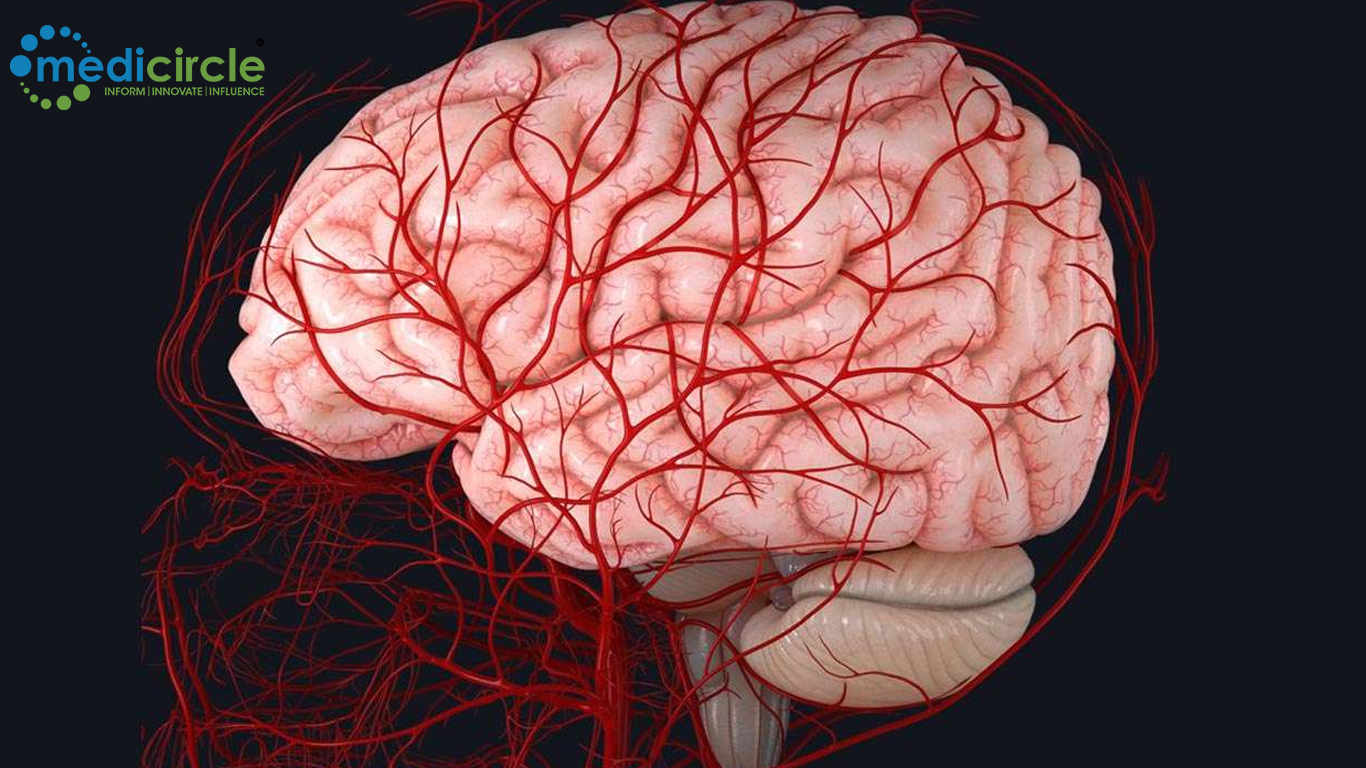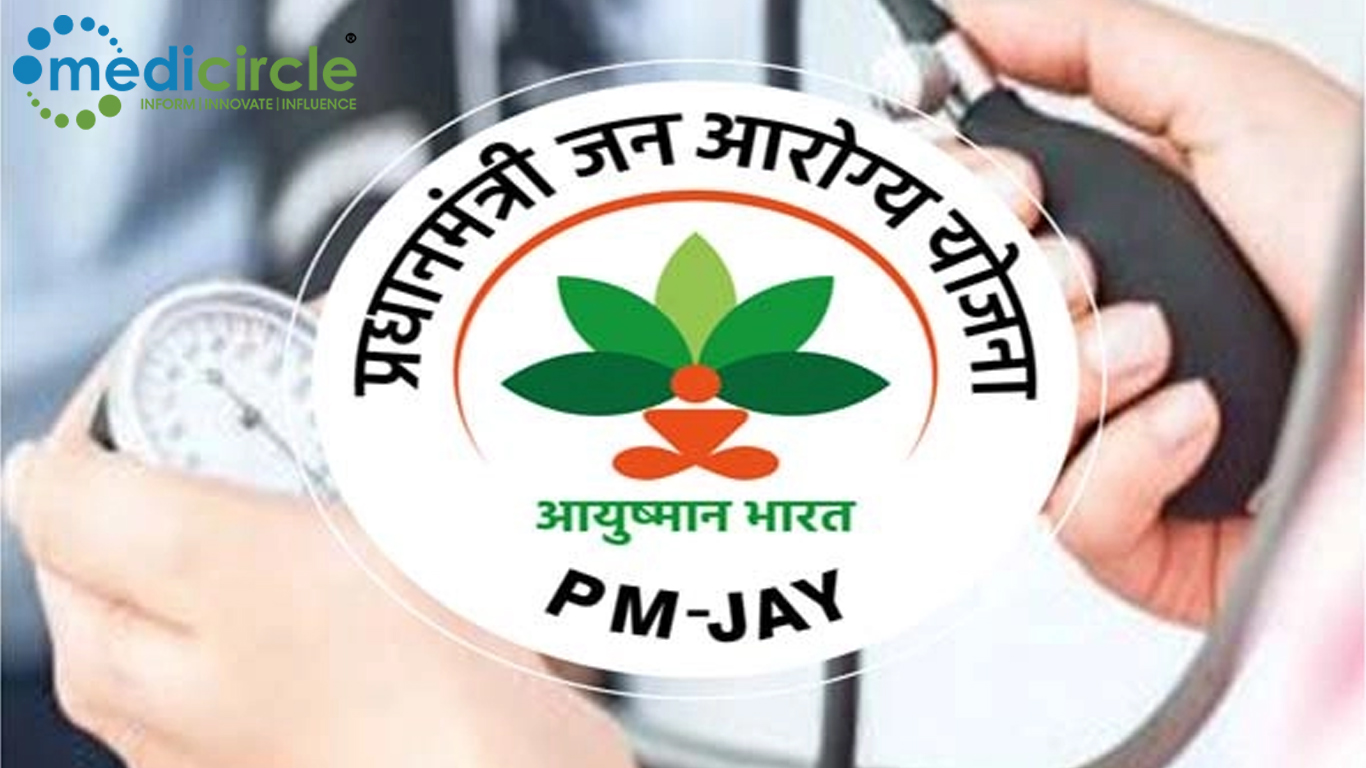Dementia, a condition that affects millions worldwide, is commonly associated with memory loss and cognitive decline. A recent study has revealed new genetic evidence linking damaged blood vessels to dementia. This discovery could lead the way for new treatments and preventive measures. Here, we break down the findings and their significance for those affected by this condition.
What is Dementia?
Dementia is not a single disease but a general term for a range of symptoms affecting memory, thinking, and social abilities severely enough to interfere with daily life. Alzheimer’s disease is the most common type of dementia, but other types include vascular dementia, Lewy body dementia, and frontotemporal dementia.
The Link Between Blood Vessels and Dementia
The study, published in the journal Nature, emphasizes the crucial role of blood vessels in maintaining brain health. It shows that when these blood vessels are damaged, the risk of developing dementia increases significantly. Researchers have found that certain genetic variations can predispose individuals to blood vessel damage, which in turn can lead to cognitive decline.
Key Findings of the Study
1. Genetic Variations and Blood Vessel Health: The study identified specific genetic variations that are associated with the integrity of blood vessels in the brain. These variations can cause the blood vessels to become brittle and prone to damage.
2. Impact on Brain Function: Damaged blood vessels can lead to reduced blood flow to the brain. This can cause neurons to receive less oxygen and nutrients, leading to their deterioration and death, which contributes to cognitive decline.
3. Biomarkers for Early Detection: The research has also identified potential biomarkers that can be used to detect early signs of blood vessel damage. This could help in diagnosing dementia at an earlier stage, allowing for timely intervention.
How Damaged Blood Vessels Affect the Brain
Healthy blood vessels are essential for delivering oxygen and nutrients to the brain. When these vessels are damaged, they can no longer perform this function effectively. This can lead to several issues:
- Hypoxia: Reduced oxygen supply to brain cells.
- Nutrient Deficiency: Brain cells do not get the necessary nutrients to function properly.
- Inflammation: Damaged blood vessels can cause inflammation in the brain, further contributing to cognitive decline.
Genetic Evidence Supporting the Connection
The study used advanced genetic techniques to analyze the DNA of individuals with and without dementia. Researchers found that those with dementia were more likely to have certain genetic variations linked to blood vessel damage. This genetic predisposition makes them more susceptible to developing dementia.
Implications for Treatment and Prevention
Understanding the genetic factors that contribute to blood vessel damage opens up new avenues for treating and preventing dementia. Here are some potential strategies:
1. Targeted Therapies: Developing drugs that specifically target the genetic variations associated with blood vessel damage.
2. Lifestyle Changes: Encouraging lifestyle changes that promote vascular health, such as a balanced diet, regular exercise, and avoiding smoking.
3. Early Detection: Using biomarkers to identify individuals at risk of dementia early and providing them with preventive care.
Promoting Vascular Health to Prevent Dementia
Since blood vessel health is crucial for preventing dementia, here are some tips to maintain vascular health:
- Healthy Diet: Eating a diet rich in fruits, vegetables, whole grains, and lean proteins can help maintain healthy blood vessels.
- Regular Exercise: Physical activity improves blood circulation and helps keep blood vessels flexible and healthy.
- Avoid Smoking: Smoking damages blood vessels and reduces blood flow to the brain.
- Control Blood Pressure: High blood pressure can damage blood vessels. Regular monitoring and managing blood pressure through lifestyle changes or medication can help.
Future Research Directions
The findings of this study are just the beginning. Future research will focus on:
- Understanding the Mechanisms: Diving deeper into how genetic variations cause blood vessel damage and lead to dementia.
- Developing Interventions: Creating and testing interventions that can protect blood vessels and prevent cognitive decline.
- Personalized Medicine: Using genetic information to tailor prevention and treatment strategies for individuals at risk.
The link between damaged blood vessels and dementia highlights the importance of vascular health in preventing cognitive decline. This new genetic evidence provides a clearer understanding of how blood vessel damage contributes to dementia, offering hope for new treatments and preventive measures. By maintaining a healthy lifestyle and supporting further research, we can work towards reducing the impact of dementia on individuals and society.
In conclusion, the relationship between blood vessel health and dementia highlights the importance of cardiovascular health in maintaining cognitive function. As research progresses, we may see new treatments that specifically target the genetic factors contributing to blood vessel damage, offering new hope for those at risk of dementia. For now, promoting vascular health through diet, exercise, and other lifestyle changes remains a crucial strategy in preventing this debilitating condition.

 This new genetic evidence provides a clearer understanding of how blood vessel damage contributes to dementia, offering hope for new treatments and preventive measures
This new genetic evidence provides a clearer understanding of how blood vessel damage contributes to dementia, offering hope for new treatments and preventive measures








.jpg)











.jpeg)


















.jpg)
.jpeg)